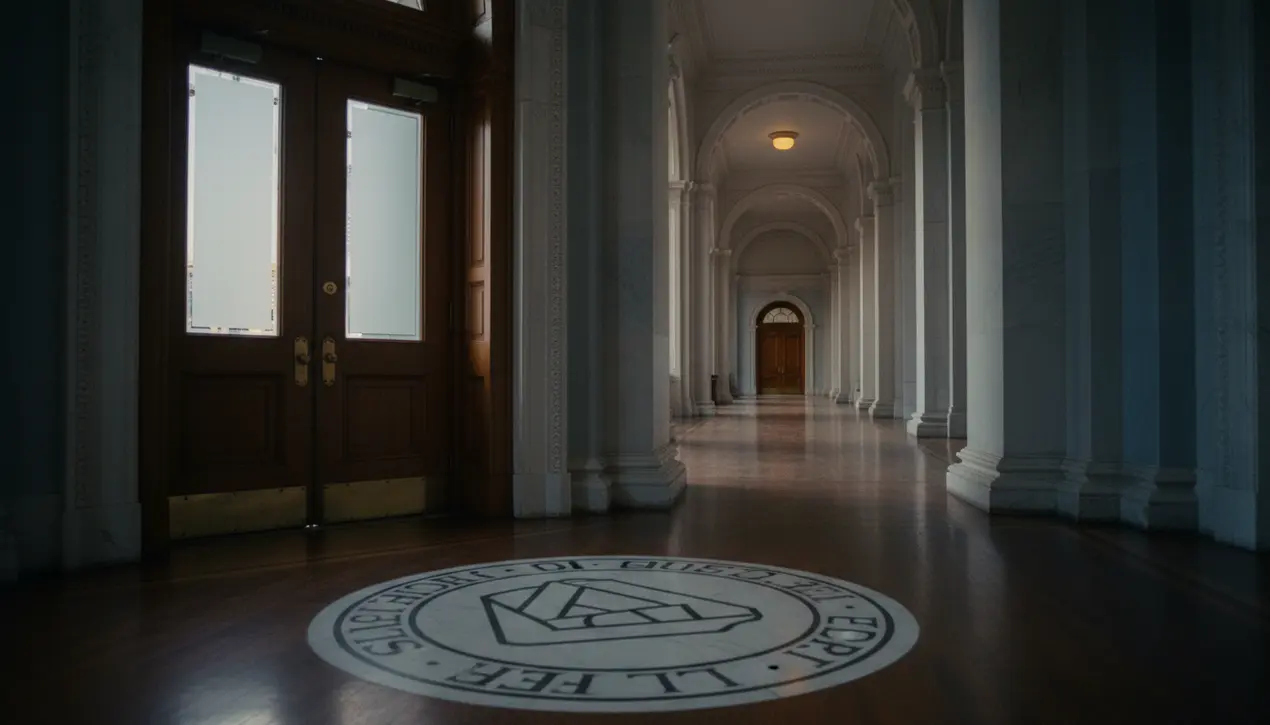
Politicscourts & investigationsLegal Precedents
Judge dismisses legal cases against Comey and James.
RO
Robert Hayes
10 hours ago7 min read3 comments
In a significant judicial ruling that reverberates through the corridors of American power, a federal judge has dismissed the legal cases against former FBI Director James Comey and New York Attorney General Letitia James, a decision that stands in stark contrast to the long-standing and very public demands for their prosecution by former President Donald Trump. This development is not merely a legal footnote; it is a profound moment in the ongoing narrative of American political accountability and the rule of law, echoing historical tensions between executive authority and judicial independence.The dismissals, grounded in a lack of legal merit, effectively rebuff the former president's persistent characterizations of the two figures as being, in his words, 'guilty as hell. ' For James Comey, this legal closure represents another chapter in his complex and often controversial history with Mr.Trump, a saga that began with his handling of the Hillary Clinton email investigation and culminated in his abrupt firing, an event that precipitated the appointment of Special Counsel Robert Mueller. For Attorney General James, a Democrat who has been a formidable legal adversary to the former president, notably in her successful civil fraud case against the Trump Organization, this ruling insulates her from a retaliatory legal battle and reinforces her position.The judge's decision serves as a critical check, a reminder that the judiciary can act as a bulwark against politically motivated litigation, a principle as old as the republic itself. One can draw a parallel to the era of Watergate, where the courts ultimately upheld the principle that no one, not even the president, is above the law, though the current scenario tests this doctrine from the opposite direction, examining whether the legal system can withstand pressure to pursue cases against private citizens and state officials from a powerful political figure.Legal analysts suggest this ruling will be studied for its implications on the weaponization of the legal system, setting a precedent that could deter future attempts to use the courts for political vendettas. The consequences are immediate and multifaceted: for Mr.Trump, it is a symbolic defeat in his campaign against what he labels the 'deep state'; for his supporters, it may fuel narratives of a biased 'system'; and for the broader political landscape, it underscores the fragility of democratic institutions when subjected to sustained pressure. The drama unfolding here is less about the specific allegations, which the court found insufficient, and more about a fundamental conflict over the nature of justice itself—is it a blind, impartial arbiter, or a tool to be wielded? As the 2024 election cycle looms, this event will undoubtedly be folded into the larger political rhetoric, serving as a rallying cry for some and a reassurance for others about the resilience of American jurisprudence. The dismissal, therefore, is far more than a simple legal outcome; it is a landmark in the continuing American experiment, a test of its institutions that, for now, they have passed.
#featured
#James Comey
#Letitia James
#Donald Trump
#legal case
#court dismissal
#investigations
#politics
Stay Informed. Act Smarter.
Get weekly highlights, major headlines, and expert insights — then put your knowledge to work in our live prediction markets.
Comments
Loading comments...
© 2025 Outpoll Service LTD. All rights reserved.